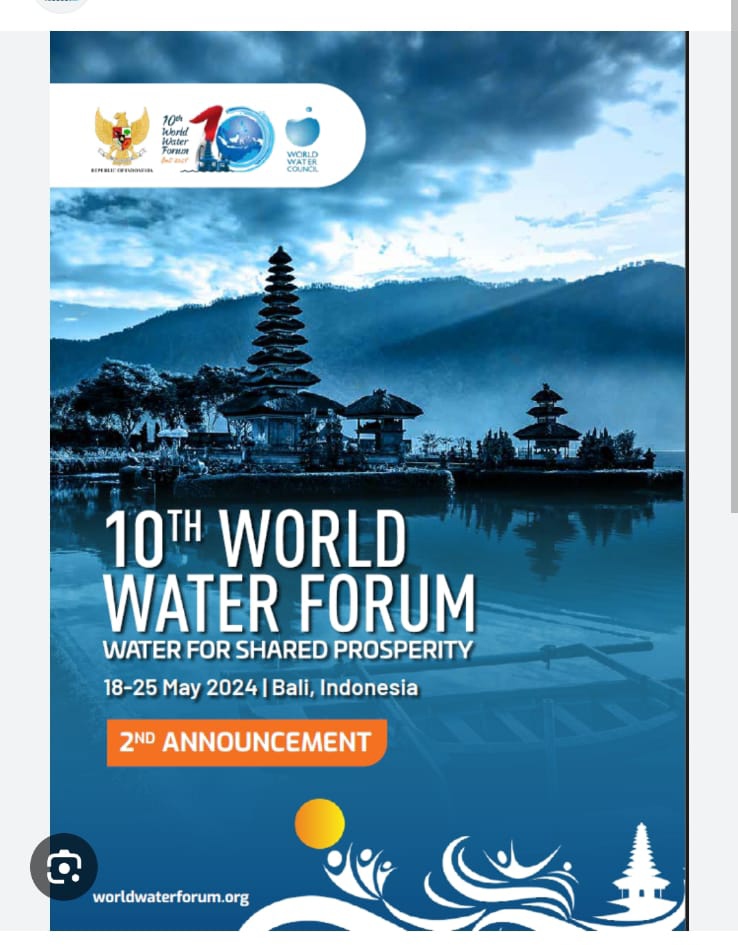10th World Water Forum- 2024 in Bali: CCHR- India as Coordinator of Session T2D2
Since 2000, there has been a substantial increase in the number of people accessing dignified
sanitation and hygiene facilities. Despite this, challenges persist in making sure everyone, especially
the most vulnerable have access to basic sanitation and hygiene in communities, schools and health
care facilities including access to menstrual hygiene management. The gaps also represent
opportunities for investments in climate resilient WASH infrastructure creating jobs, improvements
in economy and expand partnerships. There are countries that have made significant progress in
sanitation within a generation transforming lives, the environment, and the economy. Many of these
countries have had strong political leadership, with government playing an important role in shaping
policy, planning, mobilizing investments and regulating services, and facilitated strong civil society
and public participation.
The session will therefore be an attempt to distill learnings and good practices from a wide range
of speakers representing diverse stakeholders to address the persisting challenges in eliminating
disparities and acceleration access to basic sanitation and hygiene for all – as a matter of urgency.
The session will begin by setting the scene, highlighting the latest trends, inequalities, and gaps in
global access to sanitation and hygiene access across settings (communities, schools, and health care
facilities). This will be followed by a plenary session where speakers representing diverse interests
will present best practices, successes, and challenges to inspire member states and all stakeholders
to learn from each other towards collectively addressing the challenges that hinder universal access
to sanitation and hygiene including lessons for scaling-up for realizing human rights to water and
sanitation. This will be followed by a Q&A session involving the participants and finally conclude with
a wrap-up and next steps.
